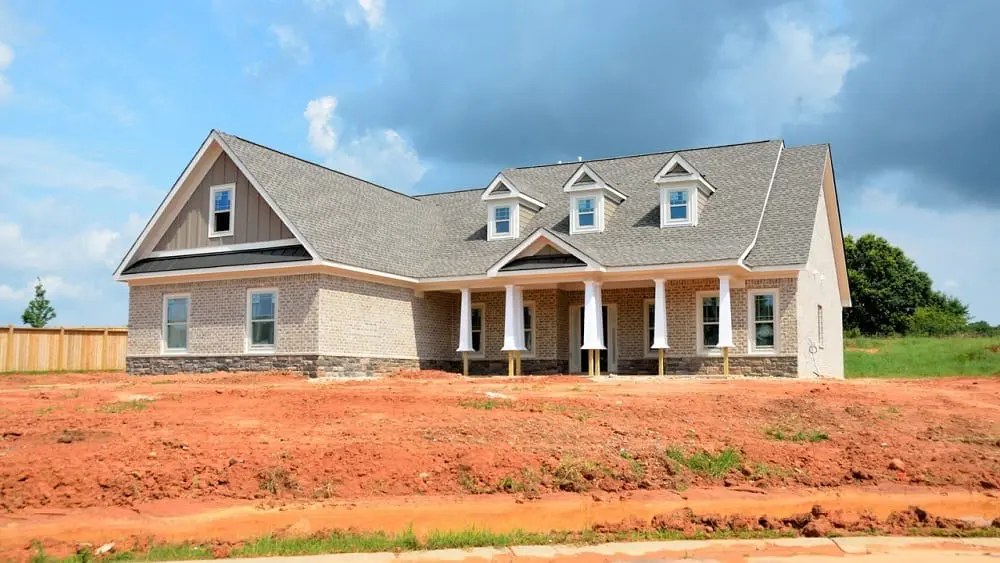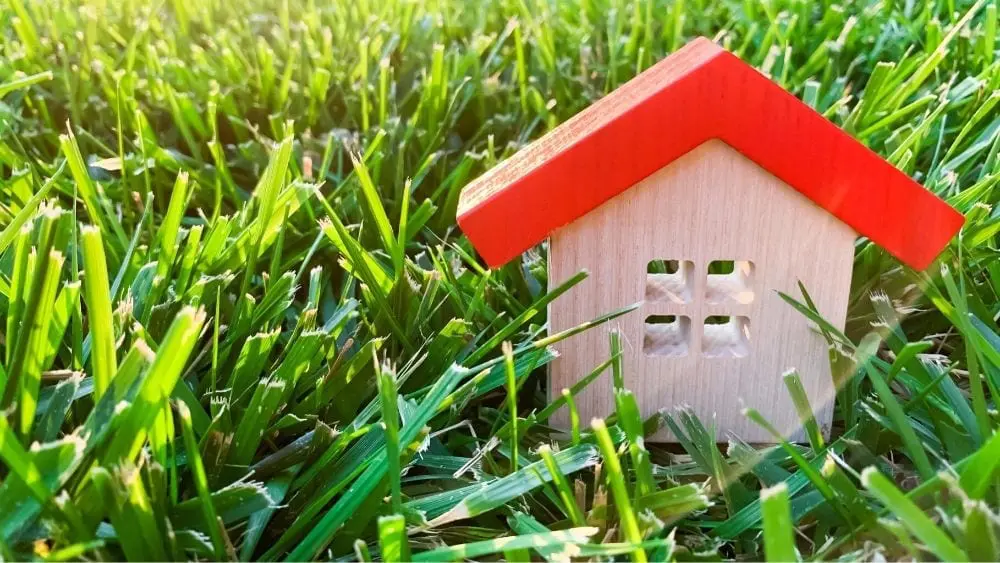
Whether you’re a first-time buyer thirsting for knowledge or a resale homeowner eager to learn more about newly built homes, it’s best to start with an understanding of the differences between a new construction home (for our purposes, a new home) and a previously-owned or resale home.
You can define these properties based on how they differ in four key areas:

Quality of construction is the number one attribute for homebuyers when they’re ready to purchase a home. New homes today are built with state-of-the-art products, techniques, and materials that must meet the latest building codes enacted by states and localities.
Regardless of your budget, your new home will typically include important safety features such as smoke detectors, ground-fault circuit breakers that reduce the risk of electrical shock, lead-free paint and even an exit from your basement. Homebuyers can rest easy knowing that the accumulated wear and tear associated with a resale house is not an issue with a new home.
Want more peace of mind?
Inspections are conducted at no added cost to new homebuyers at multiple points during the construction process, so you can be confident that the latest building codes for electrical work, plumbing, and energy-efficient features, including insulation, are being carefully met in your home.
Low Cost of Ownership

One factor to consider is lower initial costs. “Most builders pay some closing costs, so buyers need less cash upfront,” says Lind Goodman, sales manager for Builder Services, Inc., a division of the Allen Tate Co. in Charlotte, N.C. “Sellers don’t always pay closing costs. Builders also provide a move-in package with appliances, so buyers don’t need to worry about buying big items right away.” Goodman also points out that loan programs with zero down payment or low down payment requirements can be used on new construction as well as resales.
New homes are built in accordance with the latest building codes and regulations, often including new technologies and energy efficiencies, which result in lower utility bills and saving more money over time.
In fact, according to the U.S. Department of Energy, a new home today is 30 percent more energy efficient that a home built just five to seven years ago. How would you invest these significant cost savings? A family vacation? The kids’ college fund? Retirement savings? Your favorite charity? Or perhaps a mix of the above? The point is that new homes give you those savings and choices.
New homes typically don’t require the maintenance, repair, and upgrades a pre-owned home might need before move-in or during the first years of homeownership, which will save first-time buyers time and money and reduce any stress about taking care of a home.
New homes also offer peace of mind since all products (and the home itself) are typically covered by a warranty. Most builders offer warranties on their homes, often one or two years on systems and materials and ten years for the structure.
In sharp contrast, when you buy an older home, you need to factor in the remaining lifecycle of your appliances, water heater, heating and air conditioning system and other costly and vital components. Plus, unlike in a resale, where you have to negotiate to fix anything a home inspector finds, an inspection on a new home produces a punch list of little things that the builder fixes before you move in.
